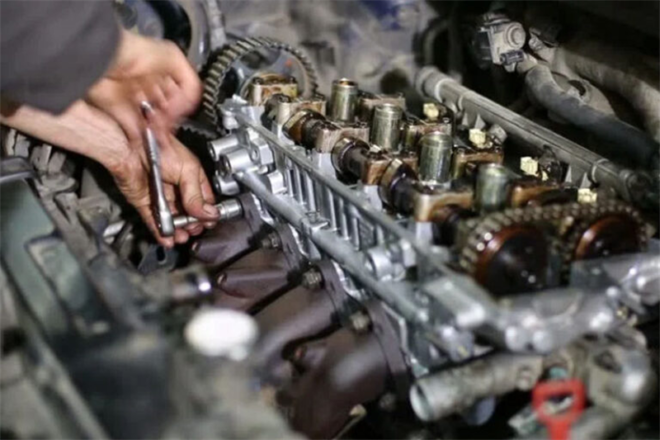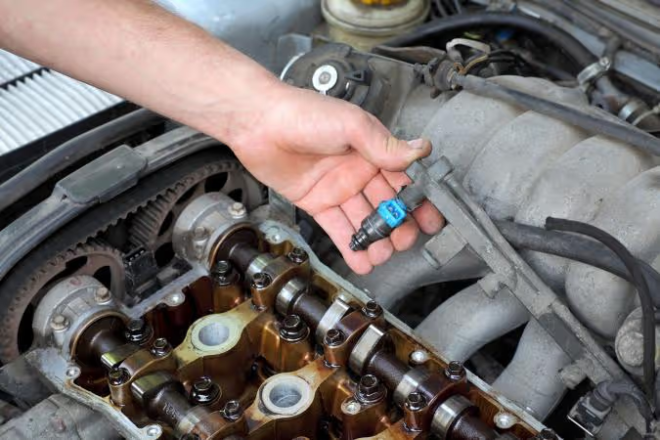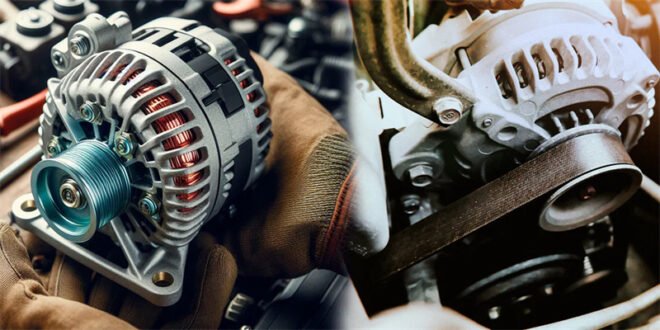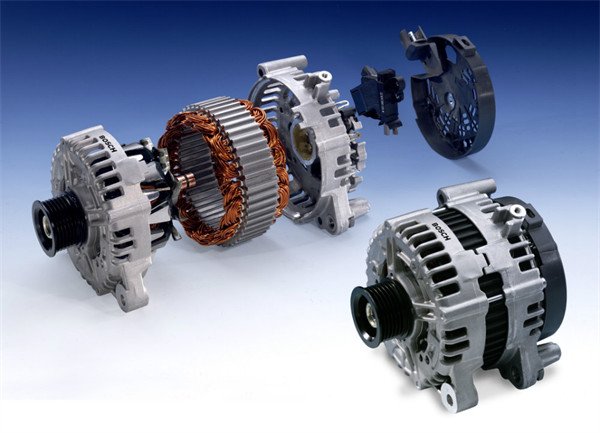Alternater: How This Vital Component Keeps Your Car Running
When your car starts, you rely on a number of systems to work in harmony. One of the most overlooked but absolutely essential components that make this possible is the alternater. But what exactly is it? How does it function within your vehicle? And why should you care about this unsung hero? In this article, we’ll delve into the world of the alternater, exploring its key role in your vehicle’s operations.
What Is an Alternater?
The alternater is a device that generates electricity to keep your vehicle’s battery charged and provide power to your car’s electrical systems while the engine runs. Without it, your battery would drain quickly, leaving you stranded with a dead car. It’s one of those car parts that doesn’t often get the attention it deserves, yet it’s as crucial as any other component in ensuring your vehicle runs smoothly.
How the Alternater Works: The Basics
The alternater works by converting mechanical energy from the engine into electrical energy. This electrical energy is used to charge your car’s battery and power essential systems like the lights, wipers, and air conditioning. Here’s a breakdown of the core components that make the alternater function:

- Rotor and Stator: These work in tandem to generate alternating current (AC), which is then converted to direct current (DC) by the alternater’s rectifier.
- Rectifier: The rectifier is made up of diodes that transform AC into DC, providing the appropriate type of electricity for your battery.
- Voltage Regulator: This component controls the voltage being produced, ensuring that your battery is charged at the correct level to prevent overcharging or undercharging.
Why the Alternater Is Important
The alternater doesn’t just keep your battery charged; it also ensures that every electrical component in your vehicle functions optimally. Without it, your headlights would go dim, your car wouldn’t start, and the engine would eventually stall due to a lack of power. Simply put, the alternater is the backbone of your car’s electrical system.
Signs Your Alternater Might Be Failing
Recognizing when your alternater is on the brink of failure is critical to preventing larger issues down the line. Here are some signs that your alternater might need attention:
- Warning Lights: A dashboard light that indicates a charging problem is one of the first red flags of a failing alternater.
- Electrical Issues: Flickering or dimming lights, malfunctioning radio, or issues with power windows can all indicate an alternater problem.
- Car Stalls: If your car stalls frequently, especially when idling, it could be due to insufficient power from the alternater.
- Strange Noises: A whining or grinding noise can indicate mechanical issues with the alternater’s components.
How to Care for Your Alternater
Maintaining your alternater ensures its longevity and performance. Regular checks of the alternater belt and its wiring can prevent costly repairs down the road. If you suspect any issues with your alternater, don’t wait—get it checked out promptly.
Conclusion
The alternater might not be the first thing that comes to mind when you think about your car’s performance, but it’s absolutely essential to keeping everything running smoothly. Regular maintenance and early intervention when issues arise can save you from bigger problems, ensuring that your vehicle’s electrical system remains in peak condition. Whether you call it an alternater or alternator, there’s no denying its vital role in your vehicle’s day-to-day operations.




